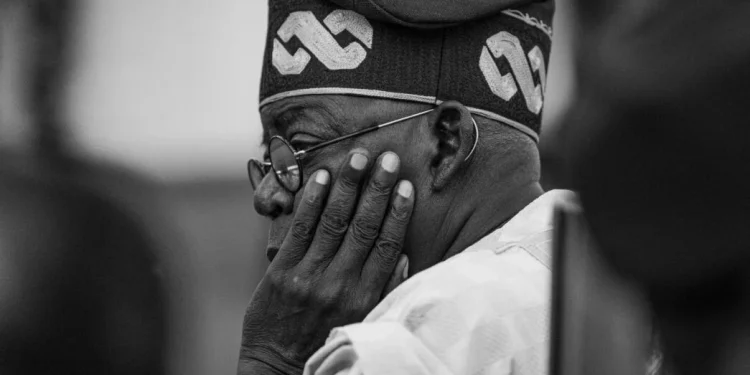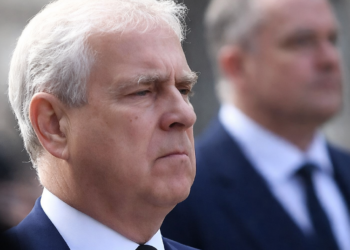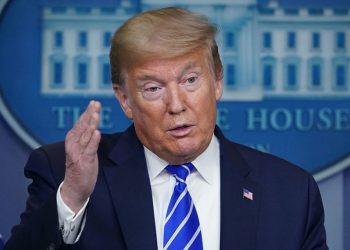The Take It Back Movement has issued a blistering ultimatum to President Bola Tinubu’s administration: release activist Omoyele Sowore immediately or face a wave of “immediate, nationwide mass action.”
The threat transforms Sowore’s arrest from a isolated law enforcement matter into a potential national political crisis, pitting the government against a mobilized civil society movement and testing the limits of protest in Nigeria.
The confrontation was triggered on Wednesday by the arrest of Sowore, a former presidential candidate and perennial government critic. Police spokesman Benjamin Hundeyin stated the arrest was because Sowore led a #FreeNnamdiKanu protest on Monday into “restricted areas as proscribed by court order.”

In response, the Take It Back Movement, which Sowore leads, did not mince words. In a statement signed by its coordinator, Sanyaolu Juwon, the group vowed that “any form of detention, harassment, or intimidation of Sowore… will be met with an immediate, nationwide mass action.”
The statement laid down a clear marker, warning: “if Sowore is not released immediately and unconditionally, the Take It Back Movement, alongside progressive organisations across the country, will mobilise citizens for sustained protests and civil disobedience actions until he regains his freedom.”
Why It Matters
The Tinubu administration now faces a classic political trap. By arresting a high-profile activist like Sowore, it has given his movement a powerful rallying cry and a clear grievance. The government’s attempt to enforce public order is being framed as an authoritarian overreach, a narrative the Take It Back Movement is expertly leveraging.
The government must now calculate whether containing one protest leader is worth unleashing a much wider, more disruptive wave of national protests. The movement has thrown down the gauntlet. All that remains is to see if the government will bend, or if the streets of Nigeria are about to become the next battlefield in an escalating political war.

















